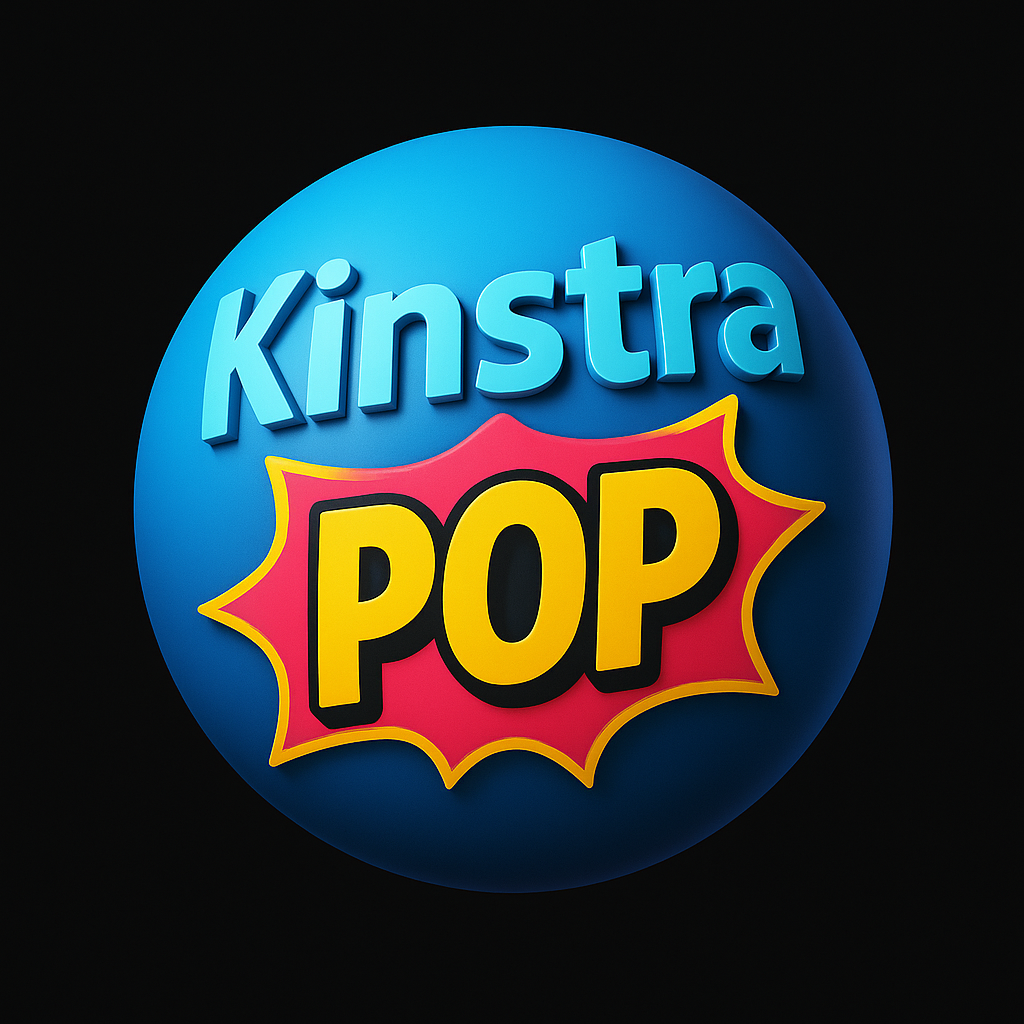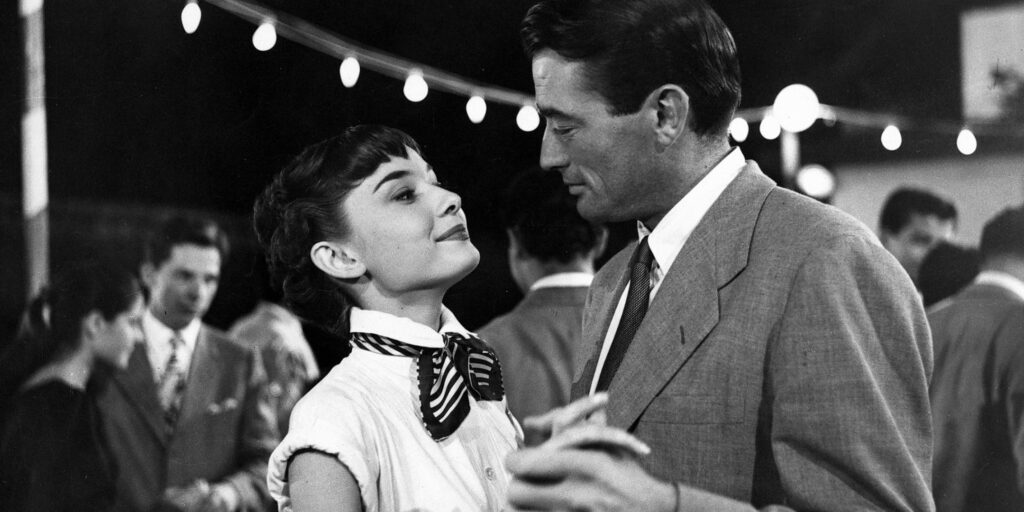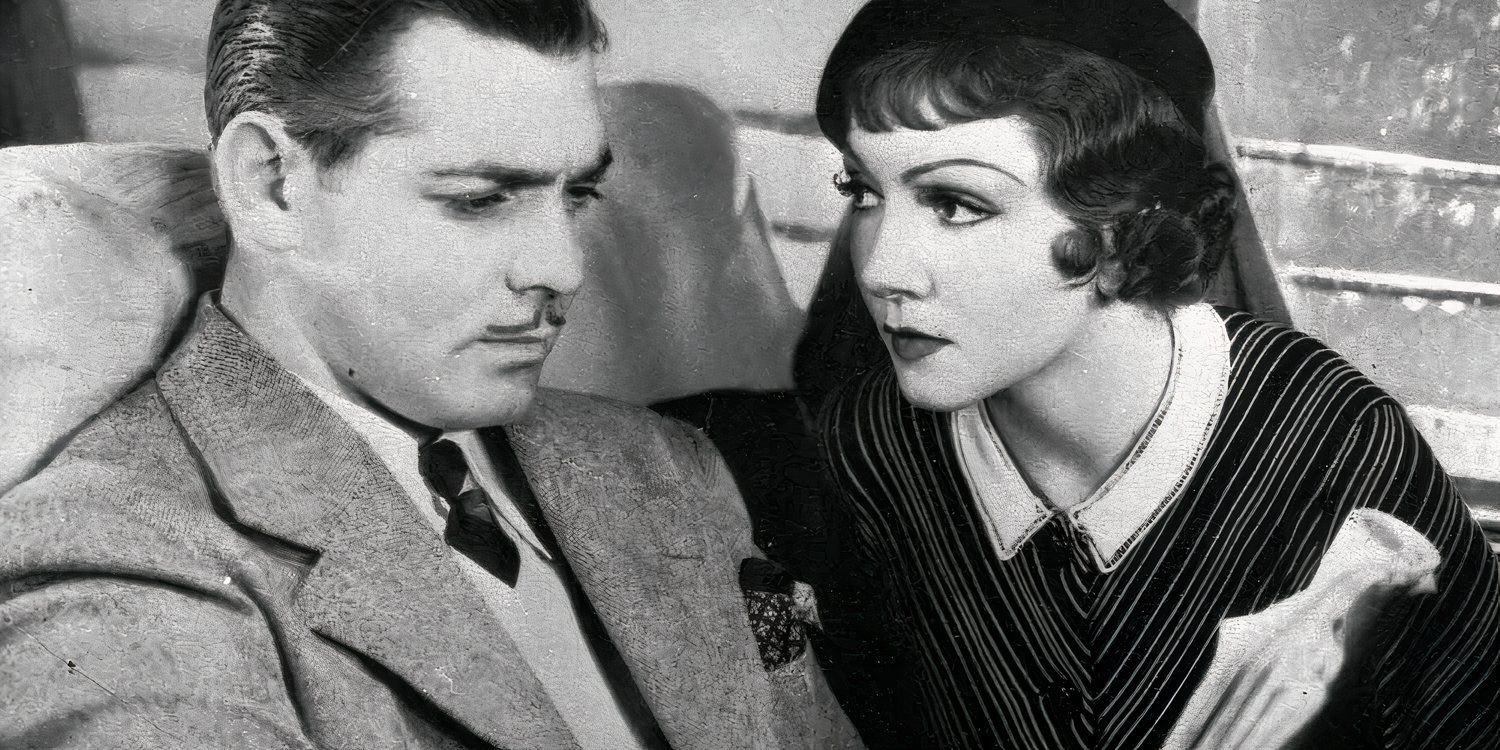Hollywood’s Golden Age produced many of the greatest movies of all time, and the romantic comedies from that period are still causing viewers to swoon and laugh all these years later. Though the exact range of dates is up for debate, the Hollywood Golden Age is often defined as having started with the rise of industrialized filmmaking in the 1920s.
Its ending is a bit more concrete, and it’s generally accepted that the Golden Age ended with the collapse of the original studio system in the 1960s. While this ushered in a progressive new era, it also meant that the classic way of doing things was gone for good. Movies were changing rapidly, and genres like romantic comedy changed too.
The Golden Age rom-coms were typically a bit more classy than their eventual successors, and the strict censorship of the period meant a lot more implying than explicitly showing. However, those classic films were still capable of being subversive, and they often poked holes in societal conventions by making jokes at their expense.
The best romantic comedies from Hollywood’s Golden Age have a timeless quality that hasn’t been replicated, and though they’re quite old, they haven’t aged a day. That’s because the stories contained within are timeless as well, and could be applied to the modern day with a few minor tweaks.
10
Pillow Talk (1959)
Things had begun to loosen up a bit by the late 1950s, and Pillow Talk was the first sign of changing times in the romantic comedy genre. The Rock Hudson and Doris Day vehicle has a lot of the classic tropes of the rom-com, with an enemies-to-lovers structure, a love triangle, and even some farcical elements too.
What helps the movie stand out is its playful tone, and stylized execution. The beautiful color photography practically leaps off the screen, and Hudson is paired perfectly with Day as two actors who were made for the rom-com genre. While it may seem tame today, Pillow Talk defied the conventions of the time, even down to its provocative title.
9
Adam’s Rib (1949)
Most romantic comedies are about a new relationship, but Adam’s Rib puts a married couple head-to-head in a hilarious courtroom battle. Spencer Tracy and Katharine Hepburn play off one another perfectly, and the humorous clash between husband and wife is refreshingly modern for a film from 1949.
The screenplay was co-written by Ruth Gordon, who is perhaps best known for starring in films like Rosemary’s Baby and Harold and Maude.
The struggles of an established relationship are a ripe source for humor and romance, and it’s heartwarming to watch the two fight and make up over their professional rivalry. The screenplay doesn’t rely on tired hacky jokes, and offers a charming relationship dynamic without resorting to cheap sexism for laughs.
8
Sabrina (1954)
Billy Wilder’s movies were some of the highlights of the Hollywood Golden Age, mostly because they were richly layered and always pushing boundaries. Sabrina is one such example, and Wilder used his finesse behind the camera to spruce up a classic love triangle storyline. With a trio of legends in the main cast, the rom-com has everything.
Audrey Hepburn is her usual self as the down-to-Earth ingénue, and she’s flanked by Humphrey Bogart and William Holden in parts they were born to play. While there’s certainly a lot of humor in the film, Sabrina also has a fair amount of drama too. Instead of committing to simple rom-com storytelling, it’s just as complex as Wilder’s other classics.
7
The Apartment (1960)
Continuing his hot streak, Billy Wilder released The Apartment in 1960, and once again left his mark on the rom-com genre. Jack Lemmon’s Calvin is a likable protagonist, and his struggles in the romance department are offset by his complicated living situation. The Apartment is sometimes so absurd, that it’s one of the funniest movies of the ’60s.
It’s also romantic, and tells a modern love story without a lot of the bells and whistles that weigh down older films. Shirley MacLaine steals the show as Fran, and there are surprisingly dark moments that offer a break from the levity. It’s no wonder that the movie scored a ton of Oscar noms and even won Best Picture.
6
Roman Holiday (1953)
There’s something inherently romantic about faraway places like London or Paris, and 1953’s Roman Holiday understood that perfectly. The William Wyler film takes advantage of its romantic vistas, but doesn’t have a lazy storyline. The tale of a princess-in-disguise sounds like something from a Hallmark movie, but Roman Holiday did it first.
Audrey Hepburn is in top form as the secret princess, and watching a bond form between Anne and the American reporter is still swoon-worthy in the modern day. Roman Holiday has everything a romantic comedy should have, and it imagines the possibilities of love with a purely cinematic eye.
5
The Shop Around The Corner (1940)
The Shop Around the Corner might not be as well-known as some of its rom-com contemporaries, but it’s still an important addition to the genre. Set during the Great Depression (which was then still quite recent), the simple-but-effective rom-com is the quintessential enemies-to-lovers story with a big twist. It may seem oversimple today, but it was quite effective in 1940.
James Stewart is the perfectly affable everyman, and he has terrific chemistry with Margaret Sullavan, who is his headstrong co-worker. The film does an excellent job of showing each character’s inner wants and desires, as illustrated by their pen pals. The true fun of the movie is watching the two eventually realize they’re perfect for one another.
4
His Girl Friday (1940)
Even in 1940, Hollywood movies were finding new ways to tell stories that weren’t typical of the era, and His Girl Friday subverts many of the tired tropes of the rom-com genre. It tells the story of a divorced couple (scandalous for 1940), and weaves a compelling narrative about a murder trial and the mystery behind the real killer.
Already a proven commodity in comedies, Cary Grant toes the line between stealing the show and giving a lot of room for co-star Rosalind Russell to shine too. The romantic comedy sometimes takes a backseat, but it’s there to make the characters more likable, as they are both so engrossed in their work they don’t know they’re falling in love.
3
Bringing Up Baby (1938)
It’s hard to believe that Bringing up Baby came out in the 1930s, and it has a modern timelessness that makes it enjoyable nearly 90 years later. Perhaps a bit more of a mad-cap screwball comedy than many of its rom-com contemporaries, it still has a nice love story amid the hilarious chaos.
Howard Hawks crams a lot into the movie’s hour-and-40-minute running time, and the laughs come from different angles. Katharine Hepburn set the standard for the unorthodox female lead, and Cary Grant is the textbook absent-minded intellectual. With a pet leopard thrown into the mix, it’s amazing that Bringing up Baby even had time for its great love story too.
2
The Philadelphia Story (1940)
1940 was a banner year for the romantic comedy, but none shined quite so brightly as The Philadelphia Story. A confused socialite, a love triangle, and even a snooping reporter all sound like rom-com cliches, but the George Cukor film instead redefines many of those tired ideas. Katharine Hepburn leads the show, but she isn’t alone.
Cary Grant and James Stewart both play objects of Hepburn’s affection, and her character isn’t just some one-dimensional caricature. The romance crackles at points, and the humor is uproarious at others, and the movie feels rich and grand down to the very last detail. Few movies exemplify old Hollywood quite like The Philadelphia Story.
1
It Happened One Night (1934)
Before the Hays Code was enforced, Hollywood movies kept pushing boundaries and were somewhat raunchy. It Happened One Night is a crown jewel of the romantic comedy subgenre, and it also happens to be quite subversive. It’s romantic, but it also has a cheeky sense of humor that was downright edgy for the time.
The hitchhiking scene is permanently etched into the annals of film history, and there’s a reason it’s considered one of the best of all time. There is a sexiness to the film not found in most movies of the era, and Clark Gable’s electric chemistry with Claudette Colbert certainly inspired future romantic comedy pairings.


